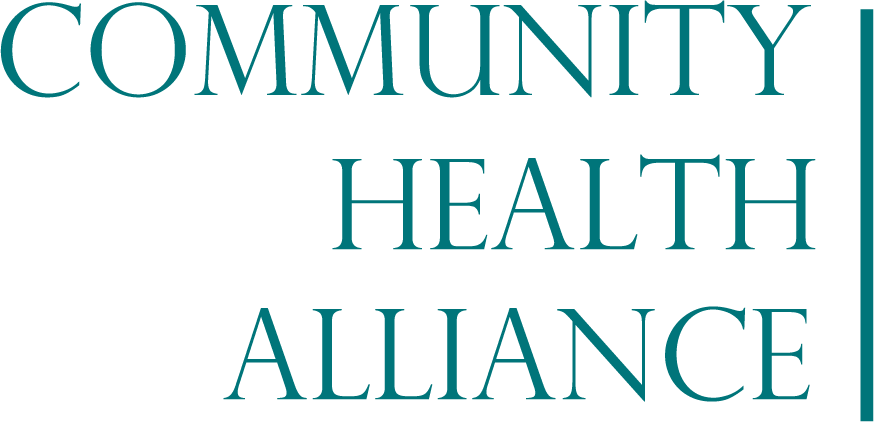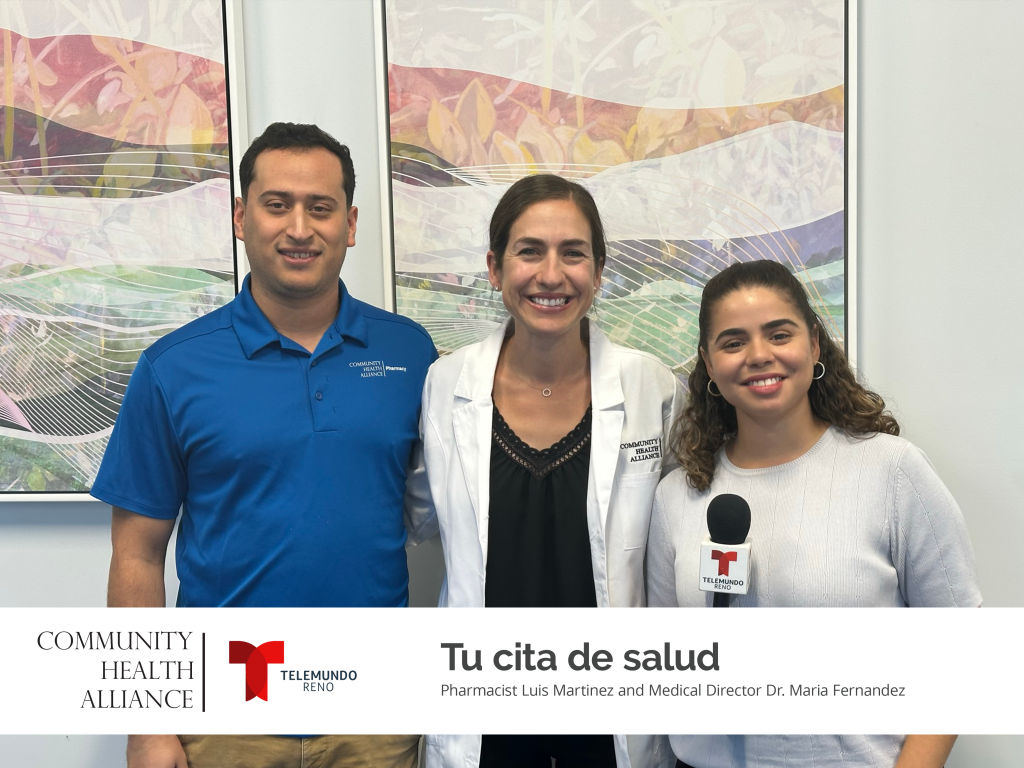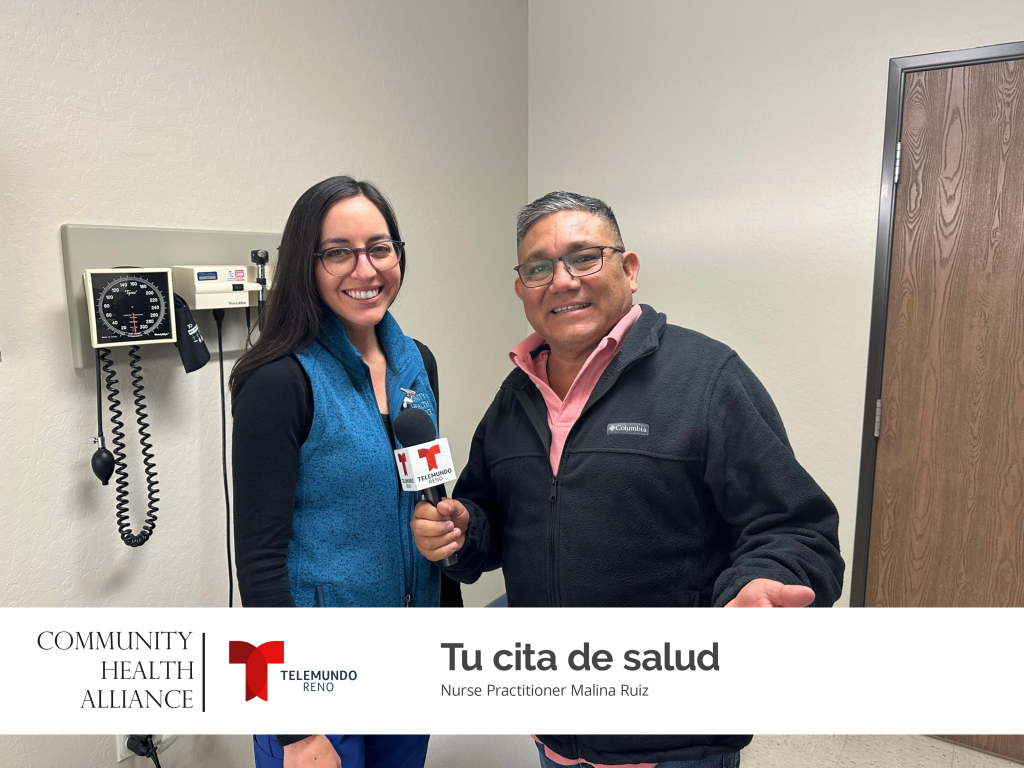Better Sleep Month
May is Better Sleep Month.
Better sleep month aims to raise awareness about all of the benefits that come with better sleep and how lack of sleep can disrupt your everyday life. It is recommended that you get about 7.5 to 8.5 hours of sleep a night. Sleep is vital for physical, mental, and emotional health. Inadequate sleep can have long-term effects on the body and increase stress hormones and blood pressure. Sleep deficits are associated with weight gain, diabetes, high blood pressure, and lower tolerance to chronic pain. When sleep issues become severe, poor sleep can be linked to serious sleep disorders such as restless leg syndrome, sleep apnea, insomnia, and narcolepsy. Learn more about better sleep month here.
Health Benefits of Enough Sleep
- Get sick less often
- Stay at a healthy weight
- Lower your risk for serious health problems, like diabetes and heart disease
- Reduce stress and improve your mood
- Think more clearly and do better in school and work
- Get along better with people
- Make good decisions and avoid injuries — for example, drowsy drivers cause thousands of car accidents a year
Learn more about recommended sleep values and the benefits of sleep here.
Tips to help you get a better quality night’s sleep
- Stick to a sleep schedule: Go to bed and get up at the same time every day
- Relax before sleeping: Limit stimulating activities like exercise and work; do relaxing activities like reading or meditation
- Create a bedtime ritual: Doing the same thing every day gives your body a signal its time to wind down
- Create an optimal sleeping area: The room should be cool, dark, and quiet. Get off of all electronic devices, and consider using black-out curtains, and soundproof earplugs as well.
- Pay attention to what you eat/drink: Don’t go to bed hungry or stuffed
- Limit naps during the day: Long naps can interfere with nighttime sleep. Limit them to 10-30 minutes.
- Daily physical activity: This helps to promote falling asleep faster and allows for a deeper sleep.
Sleep Disorders
Sleep disorders cause many problems. Keep in mind, that it is normal to have trouble sleeping every now and then. People with sleep disorders generally experience problems on a regular basis.
Common signs and symptoms of sleep disorders include:
- Trouble falling or staying asleep
- Still feeling tired after a good night’s sleep
- Sleepiness during the day makes it difficult to do everyday activities, like driving or concentrating at work
- Frequent loud snoring
- Pauses in breathing or gasping while sleeping
- Tingling or crawling feelings in your legs or arms at night that feel better when you move or massage the area
- Feelings like its hard to move when you first wake up
When to See a Doctor
If you are concerned about your sleep, see a doctor. Talk with your medical provider if you have any of the following signs of a sleep disorder:
- Trouble falling or staying asleep
- Still feeling tired after a good night’s sleep
- Sleepiness during the day makes it difficult to do everyday activities, like driving or concentrating at work
- Frequent loud snoring
- Pauses in breathing or gasping while sleeping
- Tingling or crawling feelings in your legs or arms at night that feel better when you move or massage the area
- Trouble staying awake during the day
- Feeling like it’s hard to move when you first wake up
Even if you don’t have these problems, talk with a doctor if you feel like you often have trouble sleeping. Keep a sleep diary for a week, and share it with your doctor. A doctor can suggest different sleep routines or medicines that treat sleep disorders. Always consult your primary care provider before trying over-the-counter sleep medicine.
Make an appointment with your primary care provider by calling (775) 329-6300 or book an appointment online.
Sign Up for Our Newsletter
SubscribeSign Up for Our Newsletter
By submitting this form, you are consenting to receive marketing emails from: Community Health Alliance. You can revoke your consent to receive emails at any time by using the SafeUnsubscribe® link, found at the bottom of every email. Emails are serviced by Constant Contact
By submitting this form, you are consenting to receive marketing emails from: Community Health Alliance, 680 S. Rock Blvd, Reno, NV, 89502, https://www.chanevada.org. You can revoke your consent to receive emails at any time by using the SafeUnsubscribe link found at the bottom of every email.


